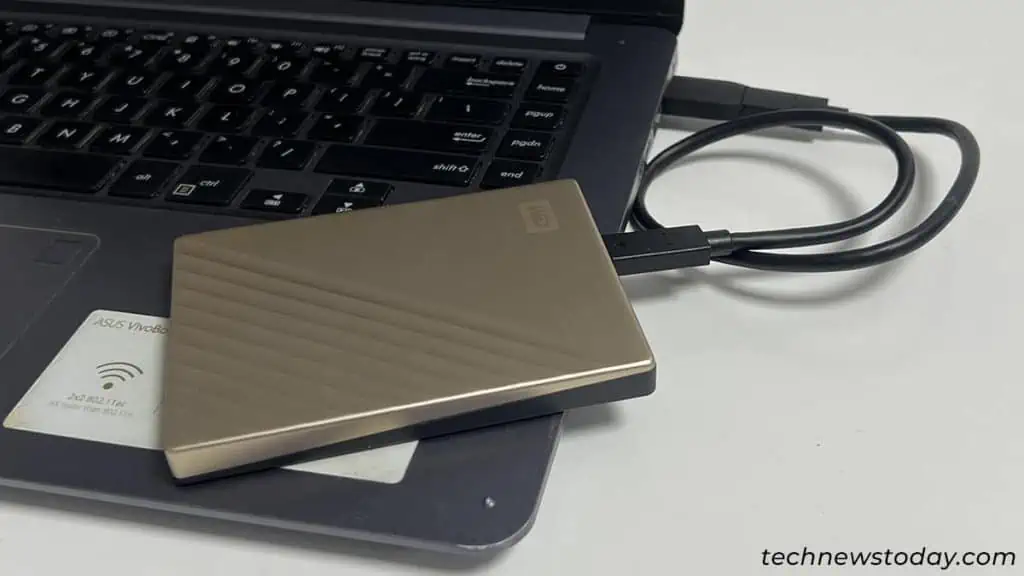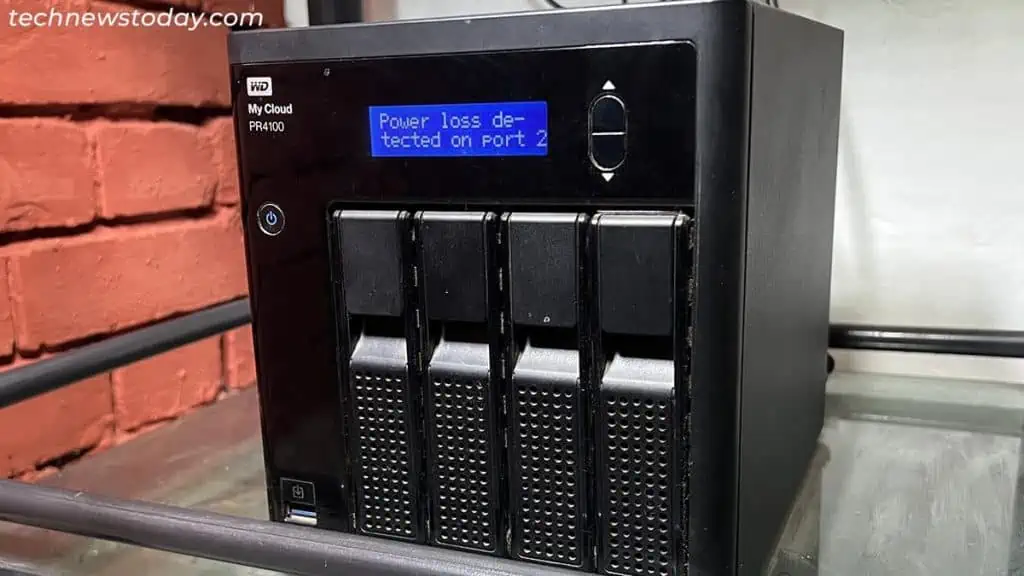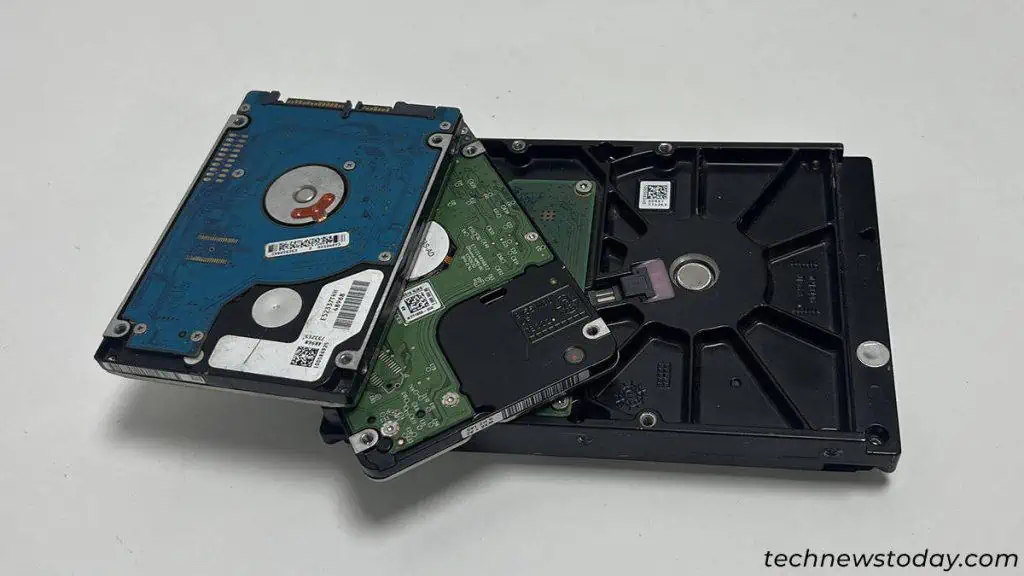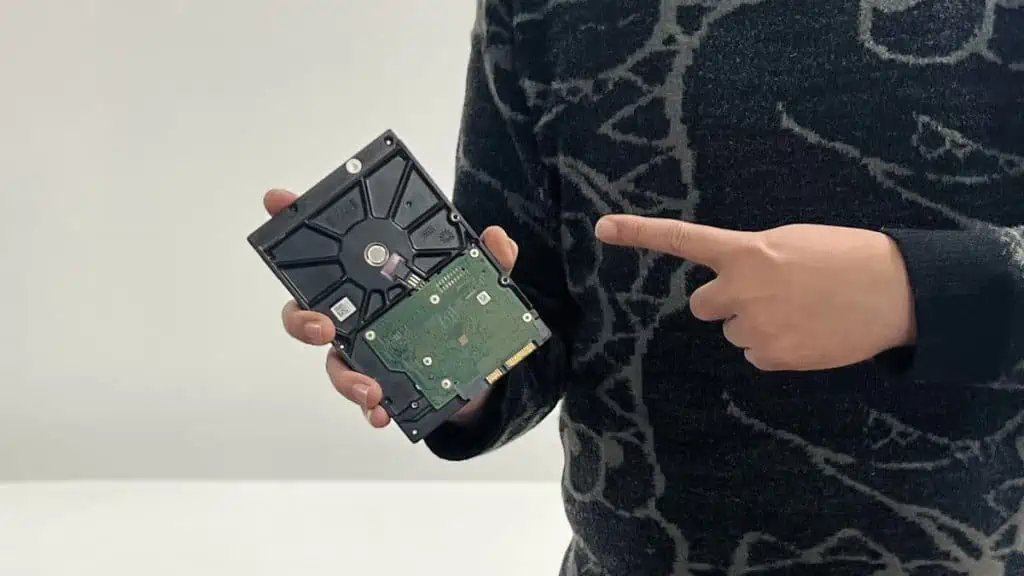With SSDs outselling hard drives and standing out in a lot of ways, you may be wondering if hard drives are still worth it.
Well, it all comes down to storage and cost benefits vs performance. Hard drives provide high storage capacity at a reduced cost, which makes them a suitable choice if your primary need is storage rather than read/write speed.
These include backups, secondary drives for personal data, and light-purpose NAS setups.
But for all other purposes, hard drives are usable but not recommended. After all, they are way slower, fragile, power-hungry, and less environmentally friendly.
Most Cost Effective for Secondary Drives
Most systems already come with SSDs as their primary drives. If you’re looking to extend your storage for personal data, adding a hard drive is the best option.
Due to their cheap nature, hard drives are excellent choices for storing large data. A 22 TB hard drive is about the same price or cheaper than a normal 8 TB SSD.
It also provides enough read/write speeds for all kinds of media, even 8K videos. Even video editors can use large hard drives to store media assets and complete video projects on their PC.
Perfect for Backup

External hard drives are much cheaper than SSDs, and thus, make excellent backup drives. This holds true for both external and internal hard drives.
Do keep in mind that they have an average lifespan of only 3-5 years. Some last much longer, but it’s best to check their health regularly.
Additionally, I also recommend you transfer important backups to new drives every 3-5 years just in case.
Widely Used for Light-use Network Attached Storage (NAS)

Hard drives are widely used in Network Attached Storage (NAS) servers for file sharing and storage.
In such setups, the drives are arranged in a RAID array, which can improve the limited read/write speeds of hard drives.
HDDs and SSDs are both equally reliable however, HDDs are much easier to maintain. On top of that, their cheap nature makes them more suitable for NAS setups.
But this holds true only for backup and light-use servers that don’t need a lot of read/write operations.
The overall performance of the NAS also depends on the bandwidth of the network. Unless you use Cat6a or a higher Ethernet specification, you can expect similar performance from both SSDs and HDDs due to bottleneck issues.
When to Avoid Using Hard Drives
While hard drives are cheaper than SSDs, they are way slower. It’s not just about the low read/write speeds, but the responsiveness as well.
A hard drive uses a read/write head to access data from a rapidly rotating magnetic disc/platter. It has to move the head to the necessary data locations before its read/write speed comes into play.
So you should not use HDDs for any purposes that need high performance, like:
- As a boot drive
- To install games and other apps
- For intensive tasks like 3D graphics designing, video editing
- For NAS or servers that require more input/output operations like database servers
Magnetic disks are also not reliable for long-term offline storage (archiving) as they can lose data over time due to demagnetization.
Should You Use Hard Drives?

Technologies like UltraSMR, MACH.2 multi-actuator technology, and EAMR have emerged recently which have helped improve the performance of a traditional HDD. So we can say, hard drives are still very relevant.
Although SSDs are becoming more economical, HDDs are still superior when it comes to cost per TB and storage capacity.
We’re looking at a decade or more before SSDs catch up with HDDs in prices or storage.
